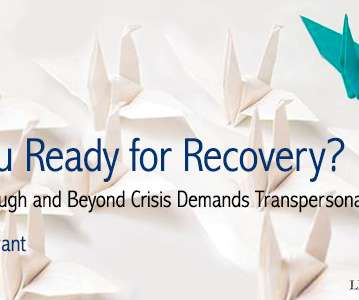The #1 Killer of Change
Lead Change Blog
OCTOBER 23, 2017
Senior managers follow, apparently slavishly, structural change, without a clear vision to underpin it. In my view, the #1 killer element is groupthink. He believed, as I do, that groupthink erodes values; stifles critical thinking, limits creativity; enables undue influence of direction; and, allows inequity of action.













Let's personalize your content